What are the possible disciplinary actions that may occur?
If the Auditing and Investigation Division forwards the case to the Enforcement and Compliance Division, it is reviewed to determine if there is sufficient evidence to pursue a disciplinary action. If there is evidence of a violation, but it is minor or technical in nature, the Department may issue a non-disciplinary Letter of Concern. Although non-disciplinary, a Letter of Concern remains in the file, and may be considered when determining future disciplinary actions.
- When there is sufficient evidence to support a disciplinary action, the Department may resolve the case with a settlement offer (Consent Order) to a respondent. The respondent cannot appeal a Consent Order, as it is a voluntary agreement that becomes binding once signed by the Commissioner.
- When a case cannot be resolved by settlement, the Department refers the matter to the Office of Administrative Hearings (OAH) where it is heard by an administrative law judge in accordance with the Administrative Procedures Act. A Notice of Hearing and Complaint is prepared which identifies statutes and rules violated and the sanctions sought by the Department. After the hearing, the administrative law judge issues a recommended order to the Commissioner who adopts, modifies or rejects the decision and issues a Commissioner’s Final Order. A Commissioner’s Final Order may be appealed to the Superior Court.
- In certain cases, the violations are such that they require immediate action to protect the public. In those cases, the Department may issue a Cease and Desist Order or Order of Summary Suspension; both are effective immediately.
- The Department forwards complaints and other appropriate matters to the Attorney General’s Office for future review and possible action. The Attorney General represents the Department in legal matters, including hearings at the Office of Administrative Hearings (OAH).
Persona:
FAQ Category:


